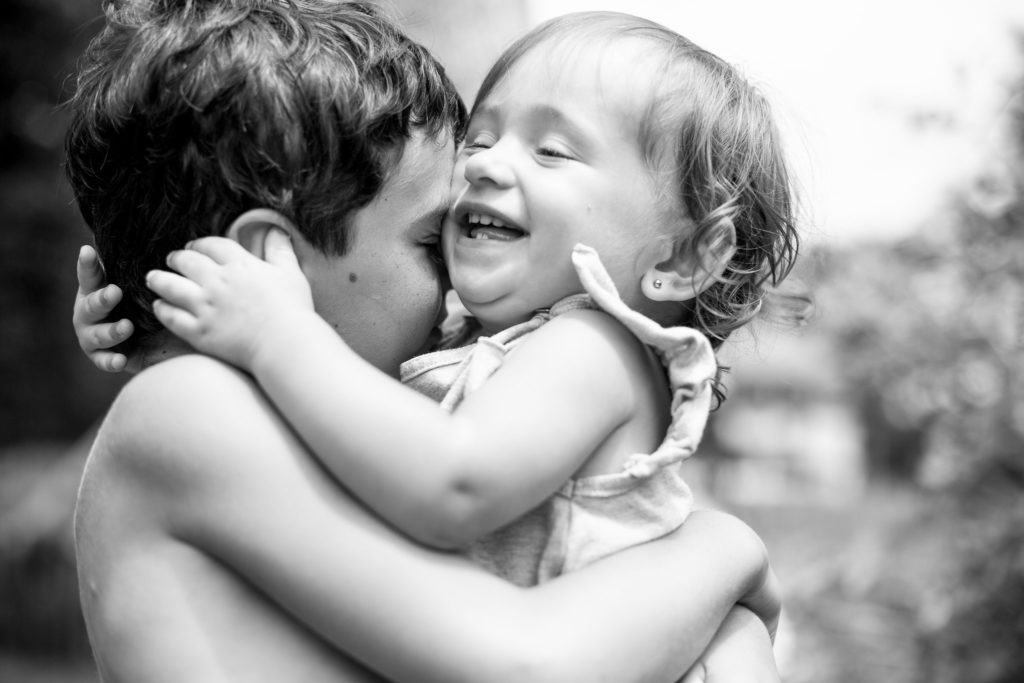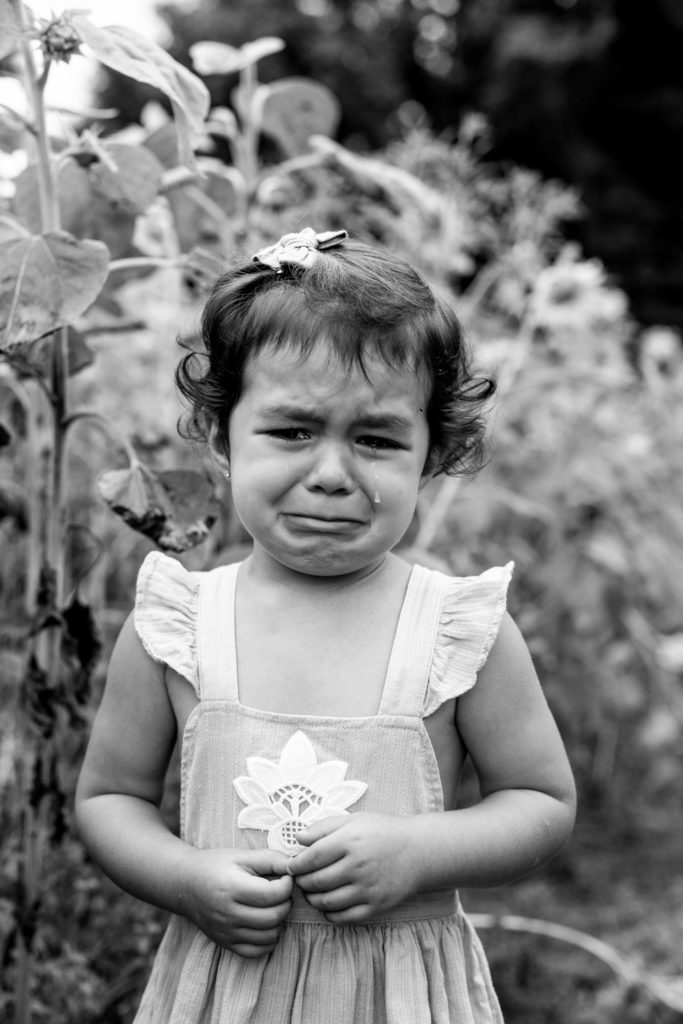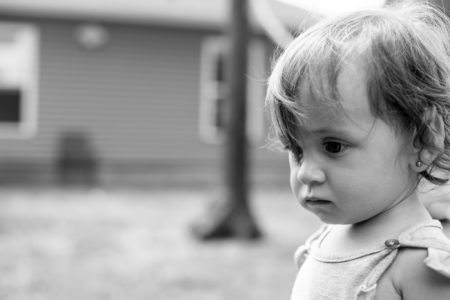We All Handle Death Differently
Even though I was happy he was gone, I still mourned because losing my father at 14 years left me with a void. When I buried him, I buried answers for why he hated me so much. He died with answers to what I needed to do to get his love. My chances of having a father I loved walking me down the aisle at my wedding, was gone.
This Is What I Need

Does the death of a loved one cause everyone to react the same? I am blessed with the women in our church who don’t allow age to define them and my friend Annette is one of them. Annette is a grandmother, works full-time, is here every time the church doors are open, goes out with her friends, goes to concerts, and plays and has the energy to do anything else her hands feel to do. Annette is going on 82 years young and her energy puts any 30-year-old to shame. Eight years ago the church rallied by her side when her husband of 48 years of companionship, passed away.
Alfred was a wonderful man but for most of their marriage, he was battling with his health. His struggle was hard for her because the emotional strain of seeing him wither away was heartbreaking for her and the rest of her family. When he did go to be with the Lord, Annette’s grieving and mourning process seemed shorter than others. On the day her husband passed away she found herself at the church doors ready for Bible study. Annette knew that she needed to be around people. The only way she could get through the loss was to surround herself with people that could encourage her.
Could you have gone to a church function after the loss of your loved one? Not every loss will have the same reaction. If you are mourning the loss of a person than let me talk to you. Everyone’s testimony of their loss and recovery is different and it is not fair to compare your reaction to others. Everyone’s loss is unique, and you have to look at a few things that can help you understand why you may be reacting to your loss differently than others.
Teach Me How To Let Go

Annette’s pain of watching her husband battle with his fatal illness over the years is not easier than what my mother-in-law went through when my father-in-law was murdered during a store robbery. So, my question for you is how did you lose your loved one? Was it after a long battle with a disease or were they snatched from you overnight? Some have had loved ones pass after fighting for a long time with their health and others may envy that because they’ve had their loved ones ripped from their lives suddenly. They may say that “At least they got the chance to ask for forgiveness, mend relationships and say good-bye.” However, to the ones who lost their loved ones suddenly, may not understand the emotional strain, financial burdens, lack of time, and very little energy that the ones who watched slowly as their loved ones passed may have gone through and in return envy those for whom it was sudden.
The circumstances of death make grief harder and more unbearable and it doesn’t matter how much time you have before they pass. For example, life becomes challenging when parents have to watch their child lose their battle with cancer. It isn’t fair for a young newlywed to watch their new spouse go to be with the Lord when they just walked across the threshold. When the circumstances are this tragic, the grieving process is going to be so different even if you had time to say your good-byes because there is no way to bury someone that wasn’t ready to leave everyone behind.

Sadly, someone who loses a loved one suddenly has no goodbye, no preparation for the absence. Their loved ones are literally ripped from their lives and the shock of their absence can be too overwhelming to fathom. After the initial shock has subsided then there may be regret from the last conversation, behavior or lack of communication over the years. Guilt starts to settle in and “unfinished business” starts to eat away at them.
There is another reason why grief may be hard is the state of your relationship with the one who passed. If the relationship was cut off, or if distance was placed between you and the departed, the process of mourning can be complicated.
My father was a cruel, harsh and abusive parent and for many years after his death, I would have nightmares that he would show up at my door to take away everything that I loved. I was 28-years-old when I had my last one. He showed up at my house and I was in shock like every other time. He continued to haunt me after he died even though his death was my happily ever after. I knew that I needed to address my unforgiveness and the dysfunction of our past relationship in order to stop the nightmares. That is something that you may need to do in therapy as I did.
Even though I was happy he was gone, I still mourned because losing my father at 14 years left me with a void. When I buried him, I buried answers for why he hated me so much. He died with answers to what I needed to do to get his love. My chances of having a father I loved walking me down the aisle at my wedding, was gone. I would never understand the love of an earthly father. Yes, men step into my life as father figures and loved me, but it wasn’t the same. So, I got my happily ever after but lost so much; one would wonder if it just opened a new set of issues.
Don’t Bury Those Emotions

Where were you in your relationship with your loved one? Were you struggling with questions? Or maybe you were on the other end—maybe you didn’t treat your loved one well and have regret. There is healing that needs to happen no matter what has happened and no matter where your relationship was on the day that they left your life. Loss is draining and is a part of life, but you can’t live in this state too long because the longer you are here, it will take twice as long to get out.
Please understand I am not, in any way saying, “Snap out of it” “Get on with your life” “Pull yourself together”, those statements just make things worse. I am not asking for you to put a mask on and bury your emotions. When you contain your emotions, it erupts in other ways like anger and rage. What are some things that you can do to get through this time? I personally do not think that you can successfully get through something like this without God. Psalms 6:6-9 says,
I’m tired of all this—so tired. My bed has been floating forty days and nights On the flood of my tears. My mattress is soaked, soggy with tears. The sockets of my eyes are black holes; nearly blind, I squint and grope. Get out of here, you Devil’s crew: at last God has heard my sobs. My requests have all been granted, my prayers are answered.
I know you may not feel like it right now, but God has seen your request for help. He wants to get you through this but you will need to put your trust in him.
Also, I would encourage you to find a therapist or a counselor that can help you through some additional processes. For now, let’s just look at two main points today.
- Face the things about your relationship with the deceased that is making your mourning process hard. Be honest about the dysfunction or the unfinished business that you had with the person. Did you forgive the person for what they did not do for you? Unforgiveness can keep you in a place of sorrow and regret. It can and will snowball into other things and you won’t even know they are connected. Forgiveness is hard when the person has passed away, but it is not impossible. God tells us throughout the whole New Testament the importance of forgiving others.
When my father passed away, I was stuck with many raw emotions and I knew I needed to forgive. I remember the day I sat on my bed and I took out paper and started writing my father a letter. I wrote to him as if he was going to see it. I spent a few hours writing down every hurt he inflicted on me. I wrote about how I hated him and that I was happy he was gone. But after writing all of that I forgave my father. I listed all the things I forgave him for.
The truth is that forgiveness is not an overnight process. It takes work and support from others so again get someone to help you through this season of life.
- Do not seclude yourself. Find ways to remain connected with society after such a loss. I know that it may seem like a weird thing to do but when we are in this state of mind, we have less of a desire to be with others. If you do not have children, like my mother did as we were her motivation to wake up and keep going, the desire to stay confined in yourself will be overwhelming. Reconnecting yourself with your friends and family is important for the healing process. You aren’t trying to forget those you have lost but you can start a new chapter of life for yourself. This new chapter, especially if you had bad experiences, can now form your deceased loved one into something positive. The memory that is left no longer has to be one that has haunted you, but instead, it can be seen as a motivation that has molded you into a better and stronger person.
No one can do this alone. If you do not have a therapist or a counselor that you can go to, here is a link to Bedrock Ministries Bedrock Ministries. Bedrock is a counseling ministry that will help walk you through this painful season. They are a counseling ministry that can at least can advise and begin to point you in the right direction. We would also love to be there for you. Please feel free to contact us through our email @thruthewinters@gmail.com or comment below.



